|
Natalie Johns' documentary reveals his unlikely journey from South Africa to success in LA: 'He's wise beyond his years'
Thalente Biyela knows something about obstacles. As a star skateboarder he's all about negotiating them -- weaving around them, flying over them or attacking them head on.
He has faced more obstacles than most in his 22 years -- first, surviving the streets of Durban, South Africa and later trying to make it far from home in Los Angeles. His story is told in the new documentaryI Am Thalente directed by Natalie Johns, a Zimbabwe native who grew up in South Africa. The way he viewed the world, he had so much sort of equanimity. And also this resilience which was so beautiful, in spite of everything he’d been through.
As difficult as his childhood was -- homelessness, abuse, drug addiction -- it almost seems as if an angel's been looking out for him. Or angels. Johns is but one of a number of people who have supported his effort to find a better life -- among them skateboarding legends Tony Hawk and Kenny Anderson.
That they've reached out says something positive about them, of course, but also something about how endearing Thalente is, a person whose gifts on the skateboard appear to be equaled by his insight into others.
I Am Thalente is now available on iTunes and other VOD platforms including Time Warner Cable, Comcast, Brighthouse, Cox, Verizon, Amazon, Googleplay, Vudu, Sony Playstation, and Xbox. Nonfictionfilm.com spoke with Johns and with Thalente (yes, it's pronounced "Talent") before the film's release.
Nonfictionfilm.com: Not too many 22-year-olds have had films made about them. How do you feel about that? Thalente Biyela: It's very surreal because five years ago I would've never really thought that my life would change, let alone a film being made about me. I was at a point in my life where I thought I would never like get out of my situation. I had given in a little bit. I hadn't given up but I was like giving in on the thought that I was going to spend the rest of my life living on the streets, doing drugs, getting into bad stuff, stupid situations. So to kind of watch my life unfold in front of me in a way is more of a like a blessing if anything... It's humbling and amazing. NFF: Natalie, how did you first become aware of Thalente's story? Natalie Johns: There was a really good family friend of mine, Tammy-Lee Smith, and she’s in the film. She’s known him for years and she’d been kind of helping him for years. He actually came to her when he was really in need. He said, “It’s time now. I need to get off the streets or I’m going to die here.” She came to me and said, “Can you help me make a little video for him to promote his skateboarding" and I could take it to the sponsors, just garner some interest in him. I said, “Sure.” It felt like that’s the least I could do. NFF: What were your first impressions of him? Natalie: I couldn’t believe how wise he was beyond his years and his perspective was just so captivating. He was wise, he was positive, he was reflective. He had this kind of lack of judgment of people and the world that I don’t think anybody else I know had... This young boy of 17, in my first conversation with him, the way he viewed the world, he had so much sort of equanimity. And also this resilience which was so beautiful, in spite of everything he’d been through — some pretty extreme abuse he’d endured.
NFF: Thalente, what do you make of the kind of encouragement you've received from people like Natalie, Tony Hawk and others?
Thalente: I still can't get over it, I still can't like process 'why me.' I still question it a lot. Because there's a lot of people with stories worse than mine. It's vey humbling to be where I am right now, at this point in my life and looking back to where I was and where I could have been... Instead of getting worse it got better. People think they don't need help in order to succeed in life. There's only so much you can do and you can only get so far by doing things alone. You're going to eventually need someone's help in order to get to that specific point in life that you want to get to. And when you come to realize that it's a big weight off your shoulders. NFF: That people were willing to help speaks, I think, to our common humanity. Thalente: Oh yeah, definitely, it does. It gives you hope... that the world is not totally falling apart. Personally I know I didn't see myself succeeding because I was in a dark place. I only had dark thoughts. I didn't really have a lot of positive things going at the time. But I figured when I can change my thoughts and kind of like manifest then things kind of flippin' happen.
NFF: There is amazing footage of Thalente on the skateboard in the film. How much material did you have to work with, Natalie?
Natalie: When you go out and you film skateboarding there is so much time spent just trying to get one piece of good footage. So I had a lot of footage. It was massive. I mean I couldn’t tell you hours, I just know terabytes. I think I had like 10 terabytes of footage. I built my structure around [key] moments... [for instance] when Thalente finally got his drivers license and that written driver’s test. He had to learn to read and write first before he could go and do that test. That was a two-year process. It was such a huge achievement. I knew that if he could do that he could do anything. NFF: Thalente, how are you handling driving in LA? Thalente: Driving here, everyone drives really badly. People drive really badly like in America in general. People drive just so badly. And there's lots of traffic. We're human beings, man, we have feelings. And being left out is like the worst thing. Being like an odd link sucks because we have feelings and we tend to do what we have to do in order to fit in.
NFF: What have you found most challenging -- other than the driving and the traffic -- about adjusting to life in America?
Thalente: Fake people, man. I was just thinking about that, how fake people are here... And at first I thought maybe it was me. "Am I this shitty person? Maybe it's me." But no, that's how it works here, like people are very two-faced and very like shady and indecisive, very back and forth, like wishy-washy, which for me doesn't work. I can't associate myself with people that are not real. If your'e being fake to me you're being fake to yourself. I see right through that stuff. I've lived a crazy life which gave me access to a lot of different characters and I could then learn to like read people and suggest whether or not I could be friends with them or just literally like blow them off... It's a little sad. There's so much more to life, I feel like. There's so much more we can do as people. It comes down to a choice. You don't have to go with a certain thing just because that's what's popping off. We're human beings, man, we have feelings. And being left out is like the worst thing. Being like an odd link sucks because we have feelings and we tend to do what we have to do in order to fit in. Sometimes we feel like we have to do that... You have a choice. You don't have to go entirely with what you see other people doing and what you think others think is like the cool thing to be doing.
NFF: What is it about skateboarding that you love? Why is it your thing?
Thalente: The individuality, like how you can kind of step on your skateboard and do your own thing. You don't have to answer to anybody. There's no coach, you don't have to wear a uniform. There's no certain set rules that you kind of have to follow. You can dress how you want, you can look how you want... You kind of make your own path as you go. You choose what tricks you're going to kind of do, you choose what obstacles you like. You don't have to do like random pushups because the coach said. Because some sports it's like that. You get there, the coach is blowing the whistle, you're doing fucking jumping jacks and pushups. No. You kind of make it up as you go and it's a kind of beautiful fucking thing if you think about it. It gives you like a good perspective on the whole race thing because it doesn't matter what you look like if you're a skateboarder, black or white or green or blue. We all like love each other, so that's like a good message that I feel like as skateboarders we kind of set for the world.
NFF: In seeing the film I felt like I understood skateboard culture much better than I had before. It’s not something I ever excelled at, unfortunately. There’s almost a spiritual element to it in the way Tony Hawk and some of the other great boarders talk about it, finding your style and finding your identity within that world.
Natalie: To me skateboarding was just another artistic subculture and I recognized the same traits — that pursuit of your own voice and your expression, your individuality — I saw that immediately as I started to dive into this project… It’s about community, it’s about individuality, it’s about originality. It’s about your interpretation of the world and your unique view of the world. From Thalente’s perspective he’s still got to come to terms wth the fact that — you can’t look left or right. If you start to compare yourself to other people you’ll pick apart what you do and consider yourself not good enough… There’s a competitiveness you need to become a professional that I think Thalente still struggles with — it’s like how do you stay true to who you are and know that what you do is good enough. You just really cultivate the thing that makes you unique. You don’t give energy to what you lack… It’s probably the hardest thing, when he compares himself to others — what he has, what he’s good at, what he’s not good at. That’s when the tough stuff comes about and he’s learning that. Maybe we keep learning that all our lives.
NFF: Thalente, in the film we see you take some serious spills. Out of a seven day week how many days are you typically injured in some way?
Thalente: Like 2-3. Out of the seven I'd probably get like maybe two days where [I'm injured]. I'll heal up and then the next day I'll go back and hurt myself again. NFF: The older guys in the film, the legends, we see them wearing a lot of protective gear. Thalente: They're smart. They know. Because when you get older you can't do that like jumping stuff, you know? There's a short period of time before your knees give in. They have the right idea of like protecting their body [unlike] us idiots just throwing ourselves. They're like, "Nope, we can't get involved in that. We need to be able to, like, walk.” |
AuthorMatthew Carey is a documentary filmmaker and journalist. His work has appeared on Deadline.com, CNN, CNN.com, TheWrap.com, NBCNews.com and in Documentary magazine. |
- Home
- News
- Videos
-
Galleries
- 2019 Tribeca Film Festival
- Full Frame Documentary Film Festival
- 2019 SXSW Film Festival
- SXSW 2018 Gallery
- 2019 Sundance Film Festival
- Outfest 2018 Photo Gallery
- Outfest 2017
- Sundance 2018 Photos
- 2017 LA Film Festival
- 2017 Cannes Film Festival
- Tribeca Film Festival 2017
- SXSW 2017 Gallery
- 2017 Berlin Film Festival
- Sundance 2017 Gallery
- 2016 Los Angeles Film Festival
- Cannes Film Festival 2016
- SXSW 2016 Gallery
- Berlinale 2016 Gallery
- Sundance 2016 Gallery
- Filmmaker Gallery
- About
- Contact
Proudly powered by Weebly
- Home
- News
- Videos
-
Galleries
- 2019 Tribeca Film Festival
- Full Frame Documentary Film Festival
- 2019 SXSW Film Festival
- SXSW 2018 Gallery
- 2019 Sundance Film Festival
- Outfest 2018 Photo Gallery
- Outfest 2017
- Sundance 2018 Photos
- 2017 LA Film Festival
- 2017 Cannes Film Festival
- Tribeca Film Festival 2017
- SXSW 2017 Gallery
- 2017 Berlin Film Festival
- Sundance 2017 Gallery
- 2016 Los Angeles Film Festival
- Cannes Film Festival 2016
- SXSW 2016 Gallery
- Berlinale 2016 Gallery
- Sundance 2016 Gallery
- Filmmaker Gallery
- About
- Contact

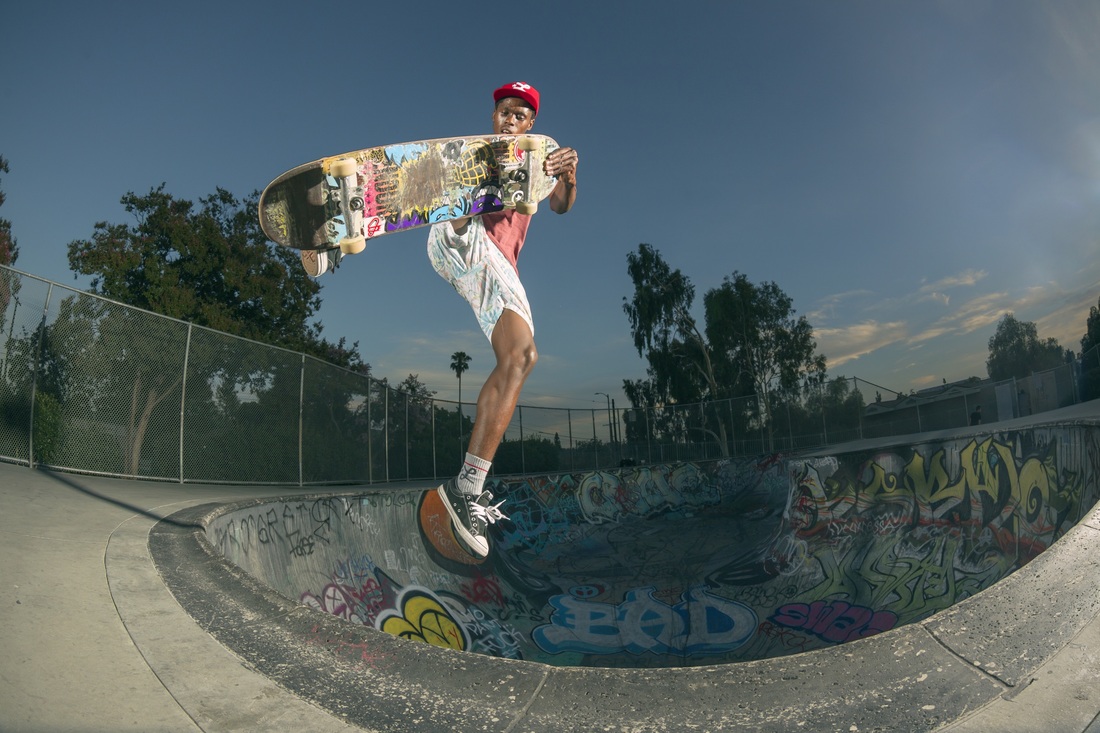
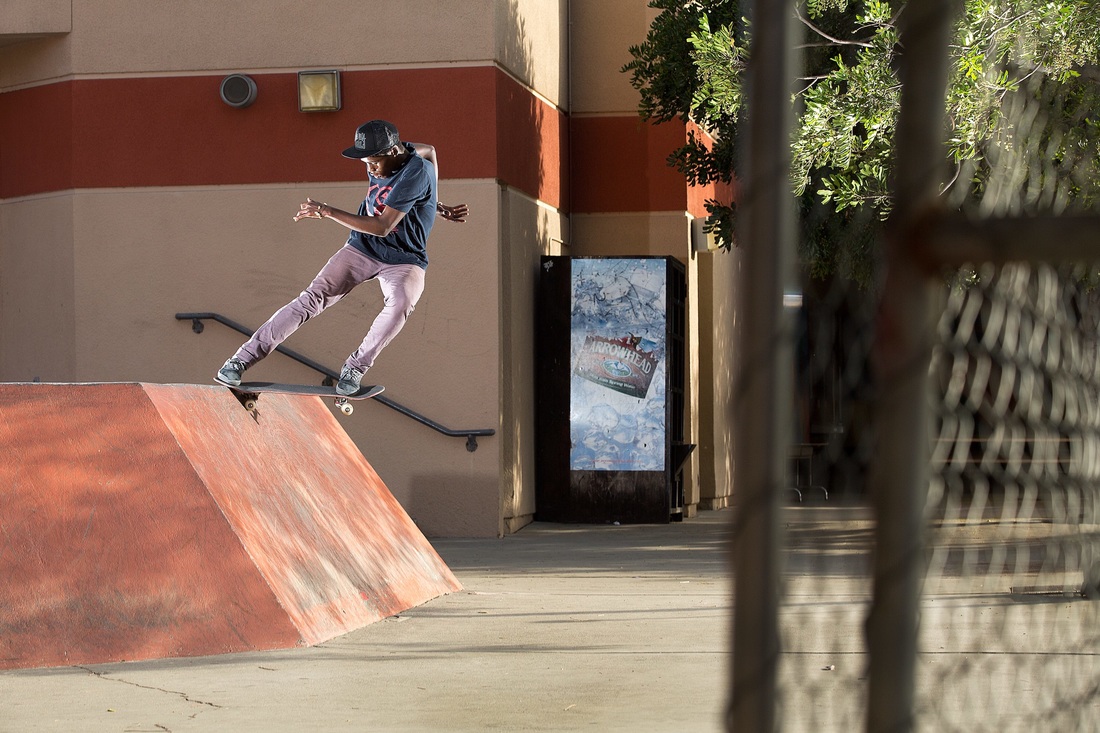
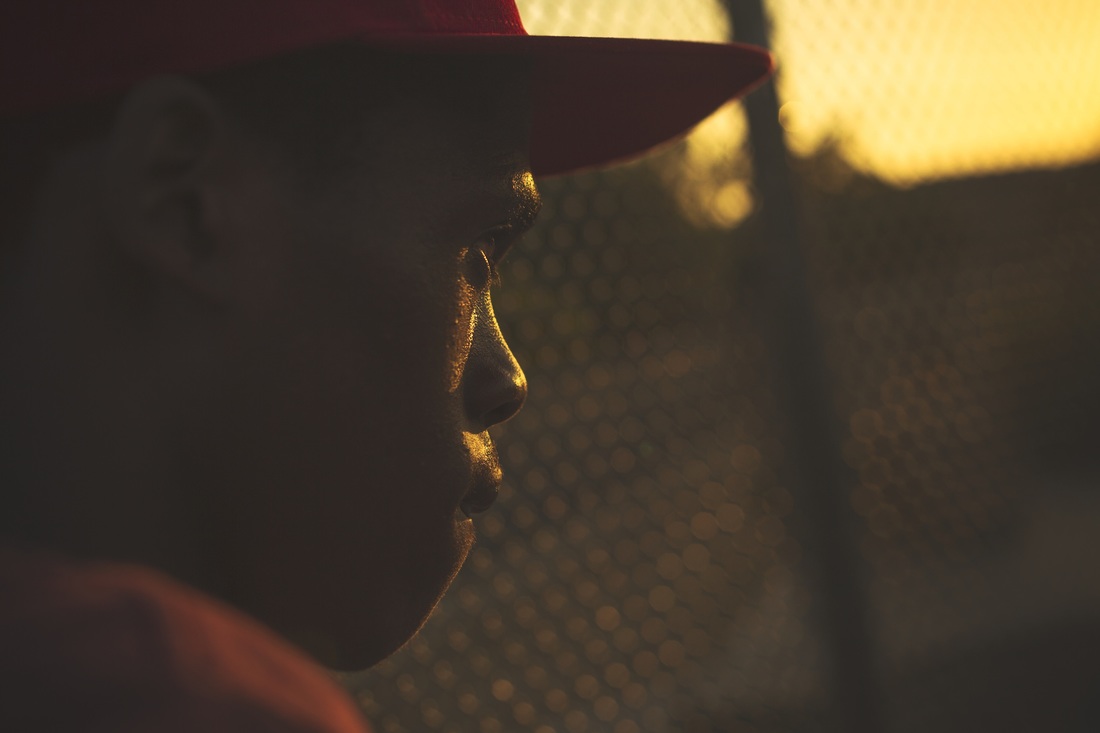
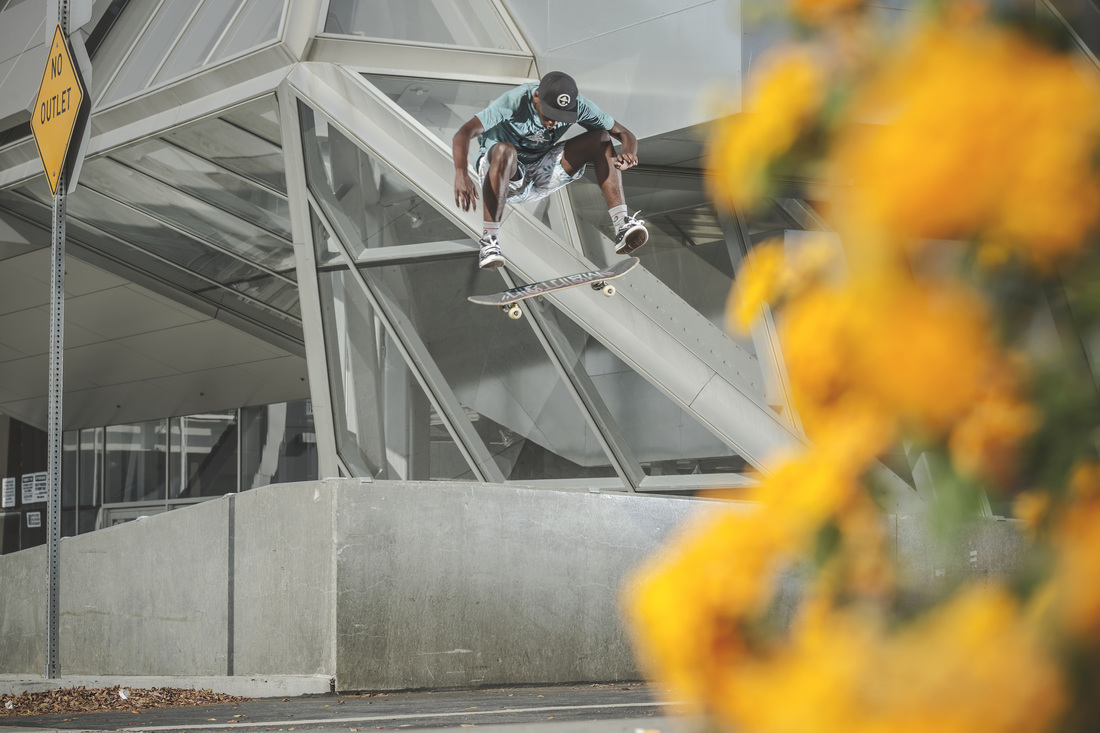
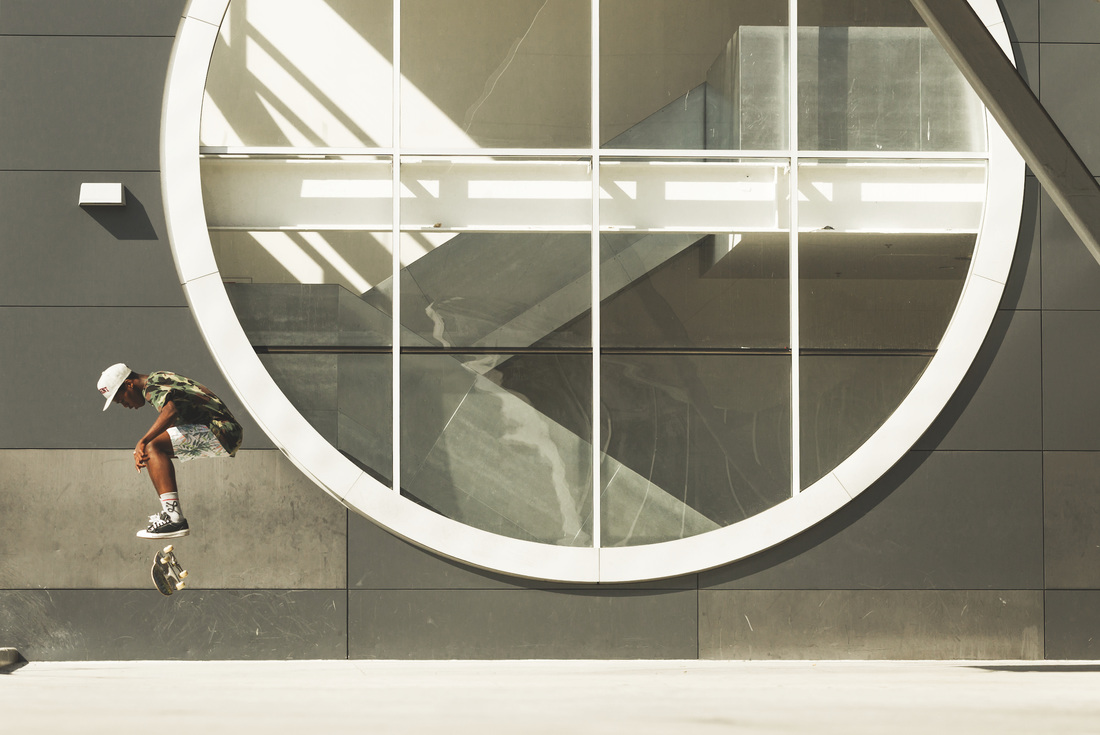
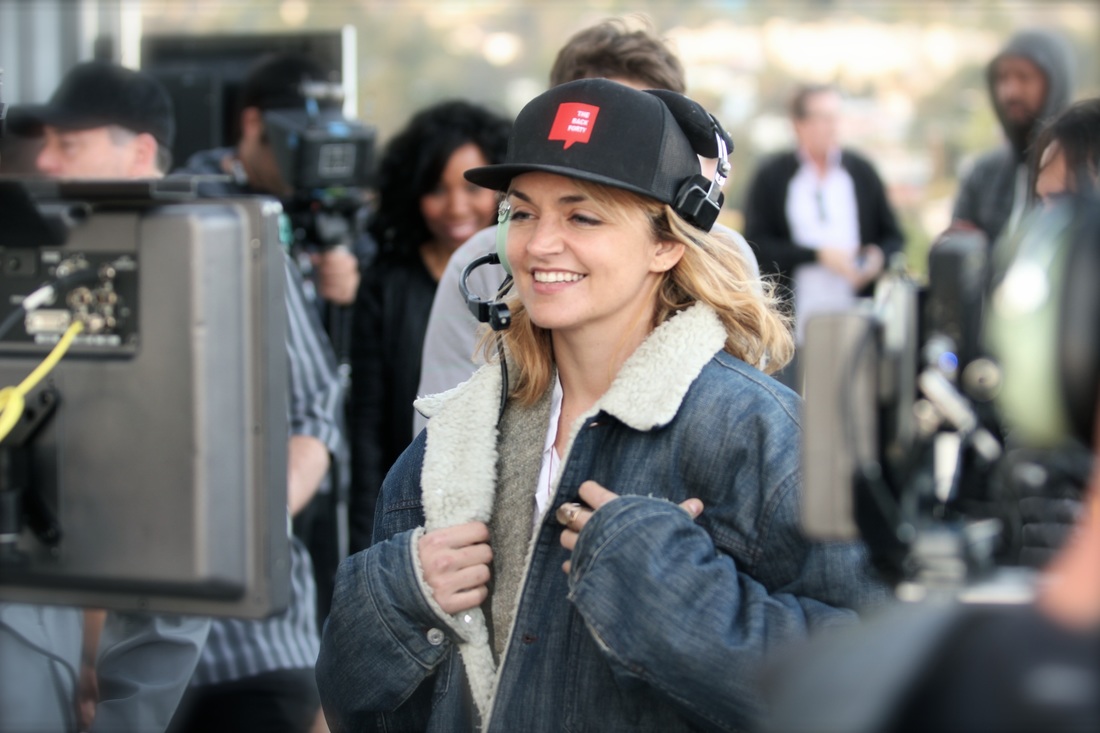
 RSS Feed
RSS Feed